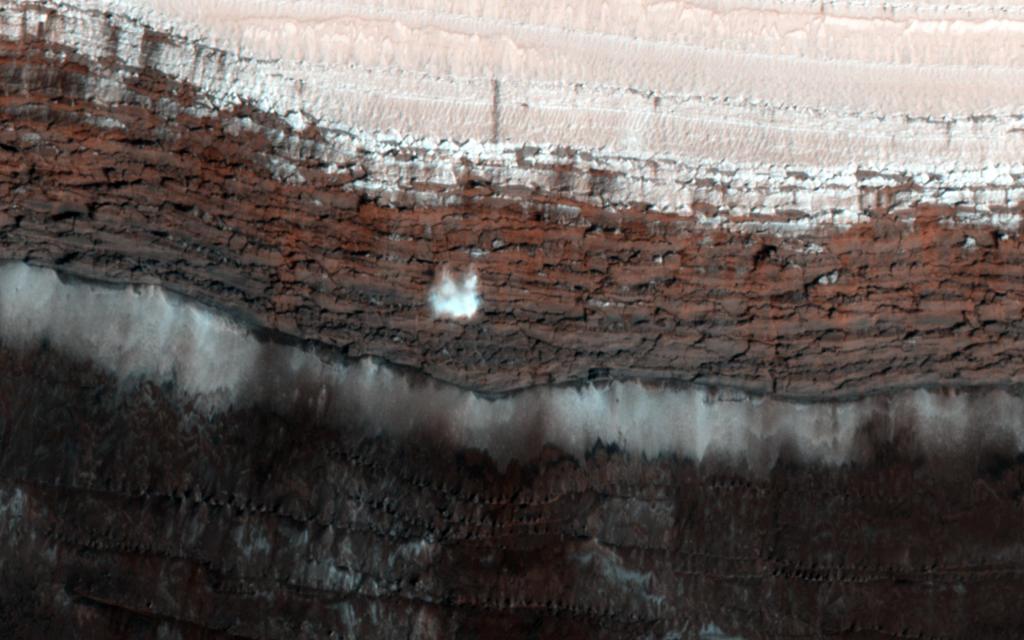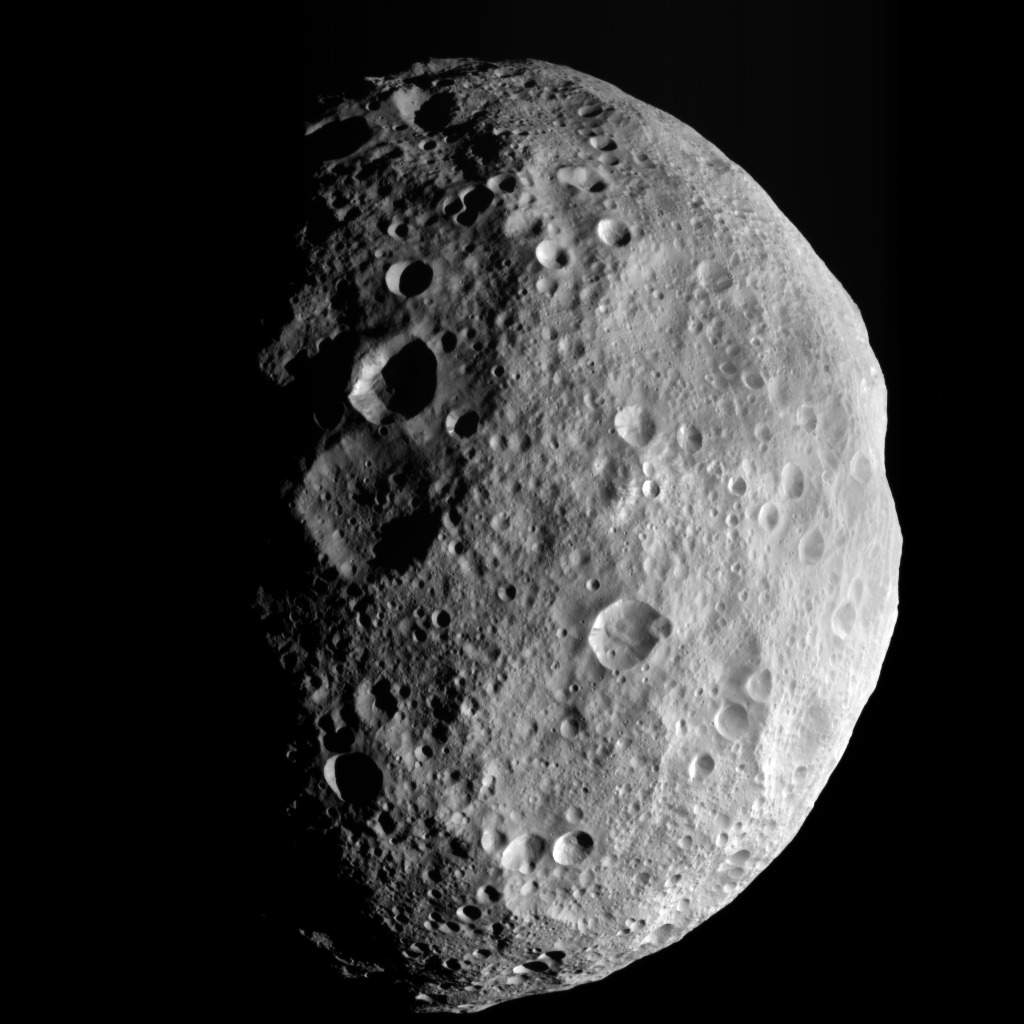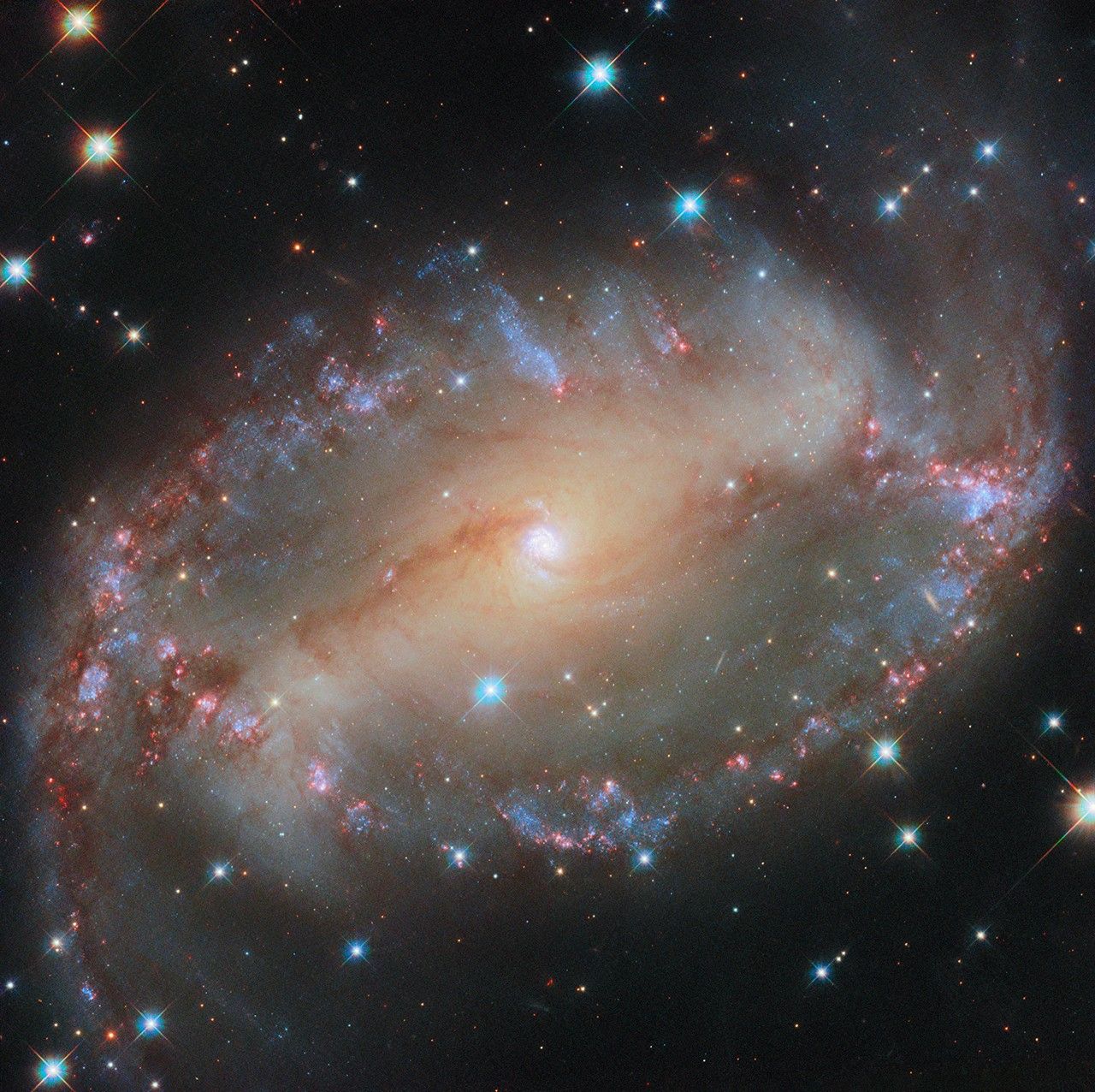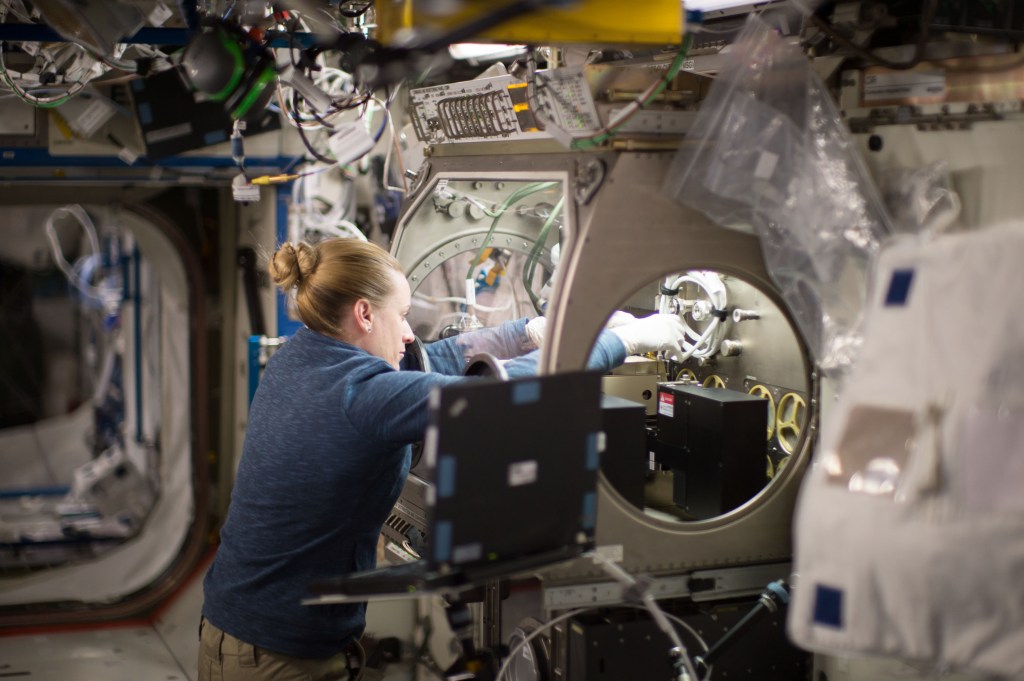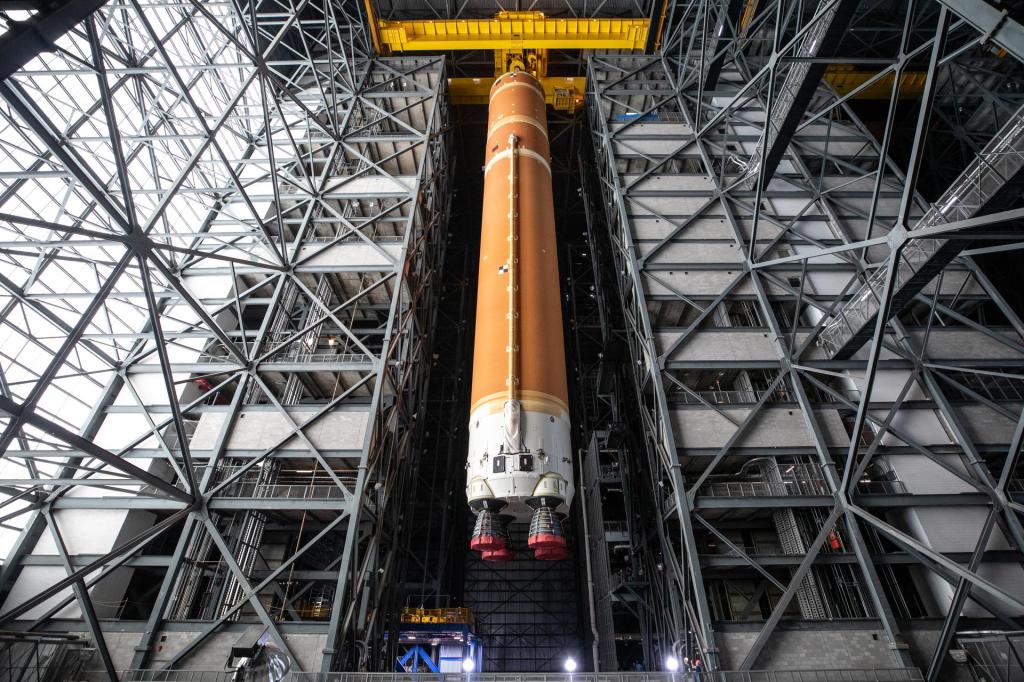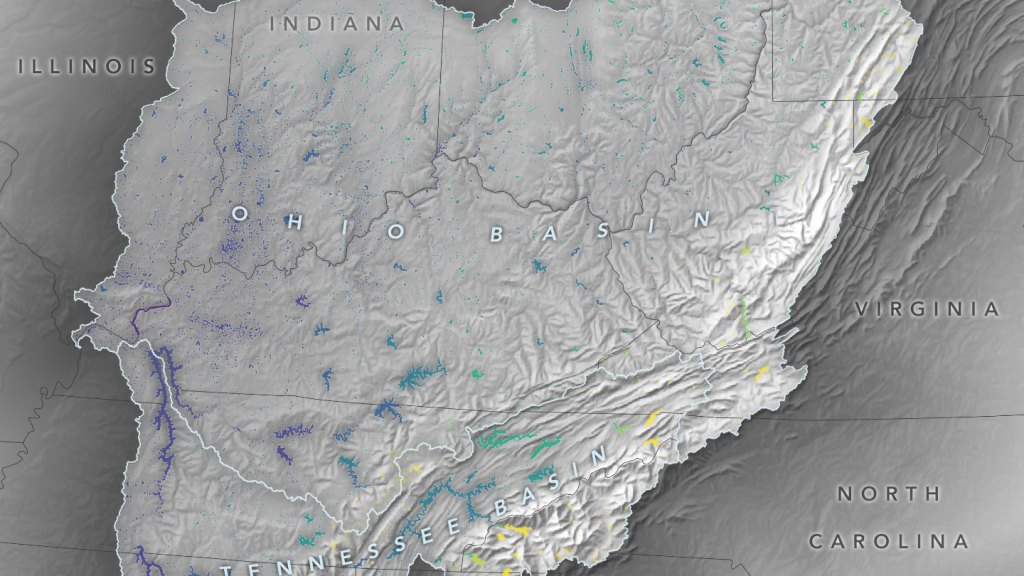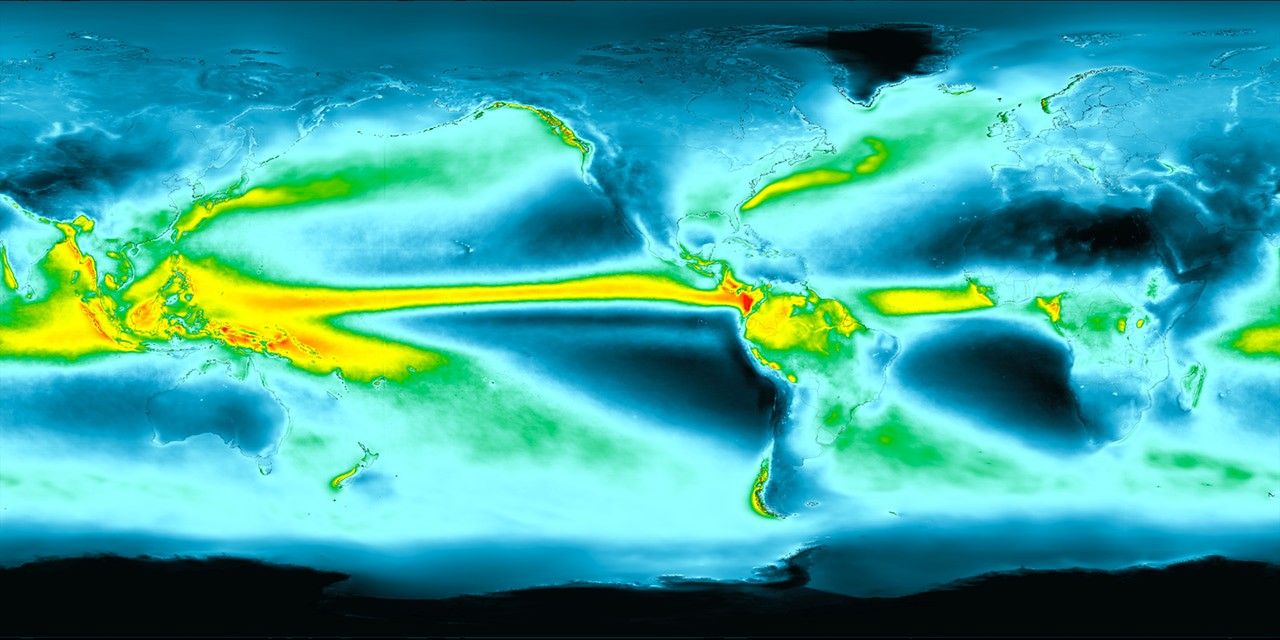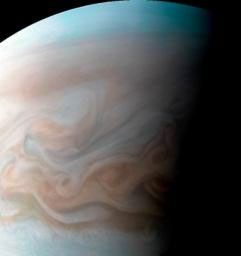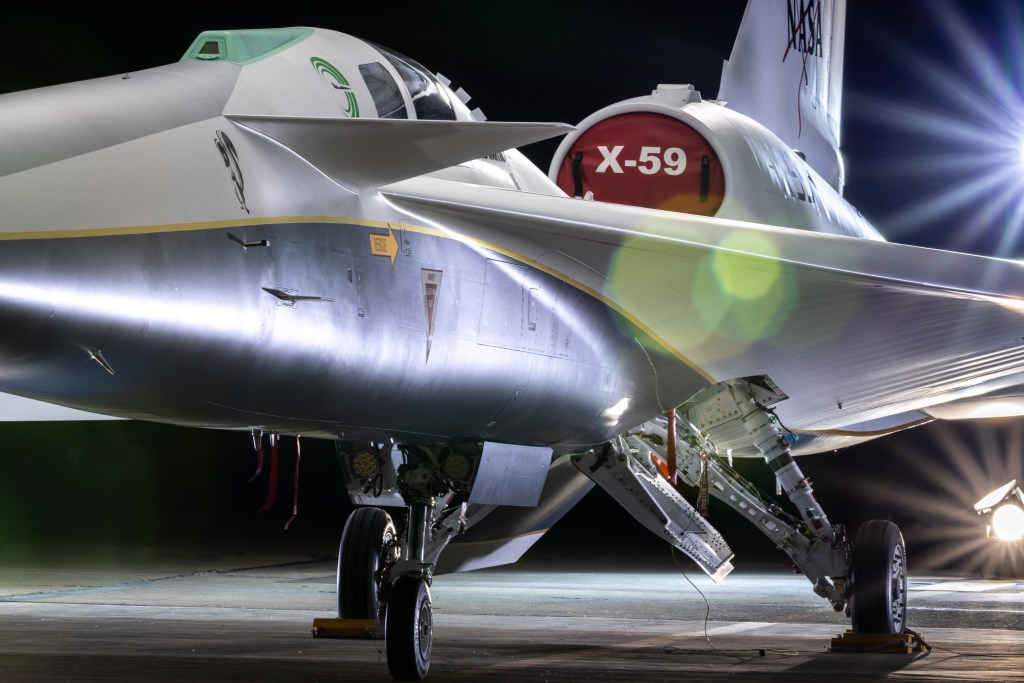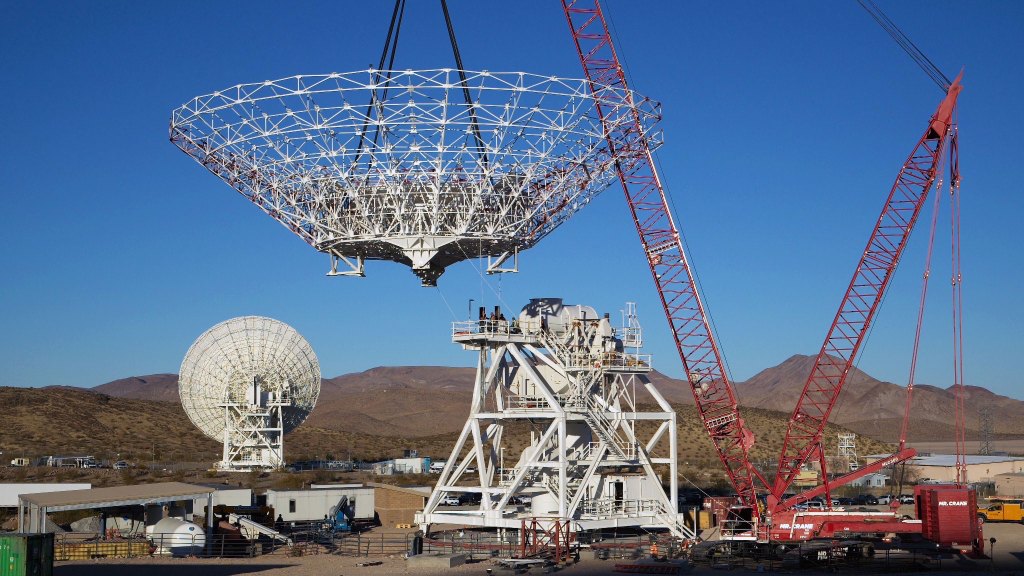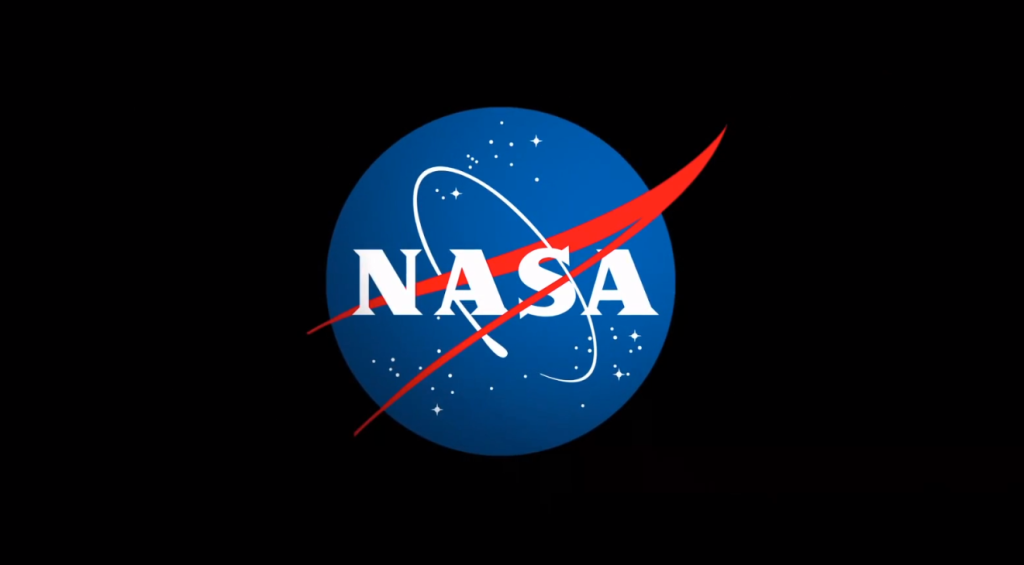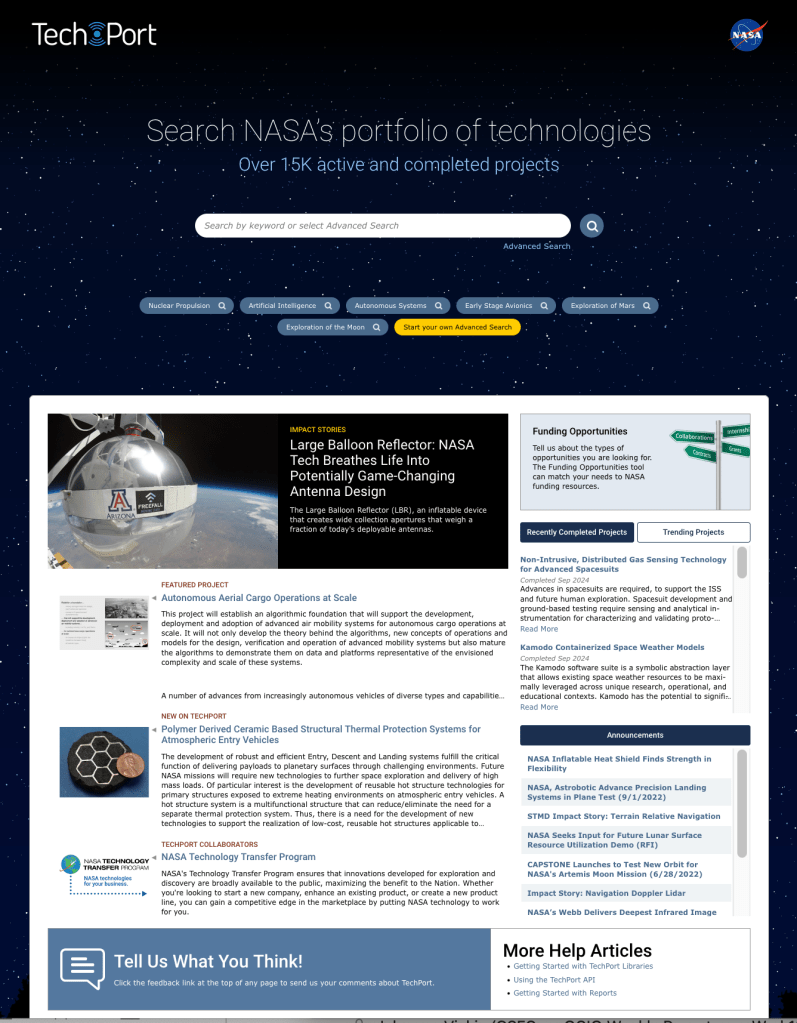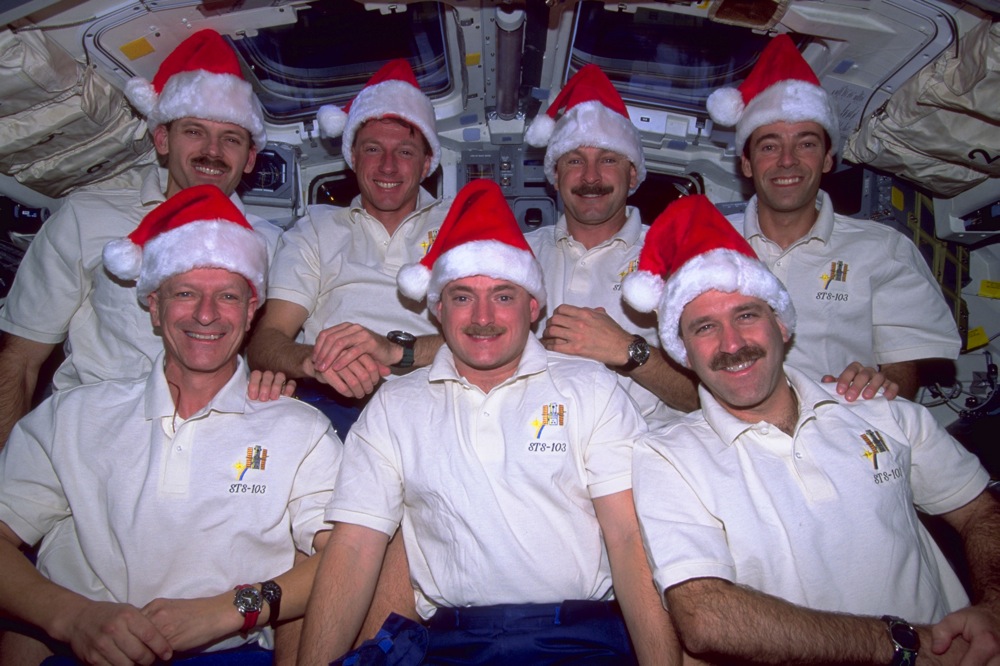NASA has awarded ITT Space Systems LLC, a subsidiary of Exelis, Inc., of Fort Wayne, Indiana, a contract to provide the Radiation Budget Instrument (RBI), a scanning radiometer capable of measuring Earth’s reflected sunlight and emitted thermal radiation.
The cost-plus-award-fee contract with performance incentives has a contract value of approximately $208 million. This value also includes a base contract line item and an indefinite delivery/indefinite quantity contract line item with a maximum value of $103 million for as many as two additional RBIs, associated parts, spares, and support.
NASA’s Langley Research Center in Hampton, Virginia, will administer the contract for the agency.
RBI will fly on the Joint Polar Satellite System 2 (JPSS-2) mission planned for launch in November 2021, and will extend the unique global climate measurements of the Earth’s radiation budget provided by the Clouds and the Earth’s Radiant Energy Systems (CERES) instruments since 1998.
Observations from RBI will help measure the effect of clouds on the Earth’s energy balance, which strongly influences both weather and climate. Long-term satellite data from RBI will help scientists and researchers understand the links between the Earth’s incoming and outgoing energy, and properties of the atmosphere that affect it. The data from RBI will provide fundamental inputs to extended range –10-day or longer — weather forecasting, and also be used to develop a quantitative understanding of the links between Earth’s radiation budget and the properties of the atmosphere and surface that define that budget.
For more information about NASA and its programs, visit:
-end-
Steve Cole
Headquarters, Washington
202-358-0918
stephen.e.cole@nasa.gov
Mike Finneran
Langley Research Center, Hampton, Va.
757-864-6110
Michael.p.finneran@nasa.gov


